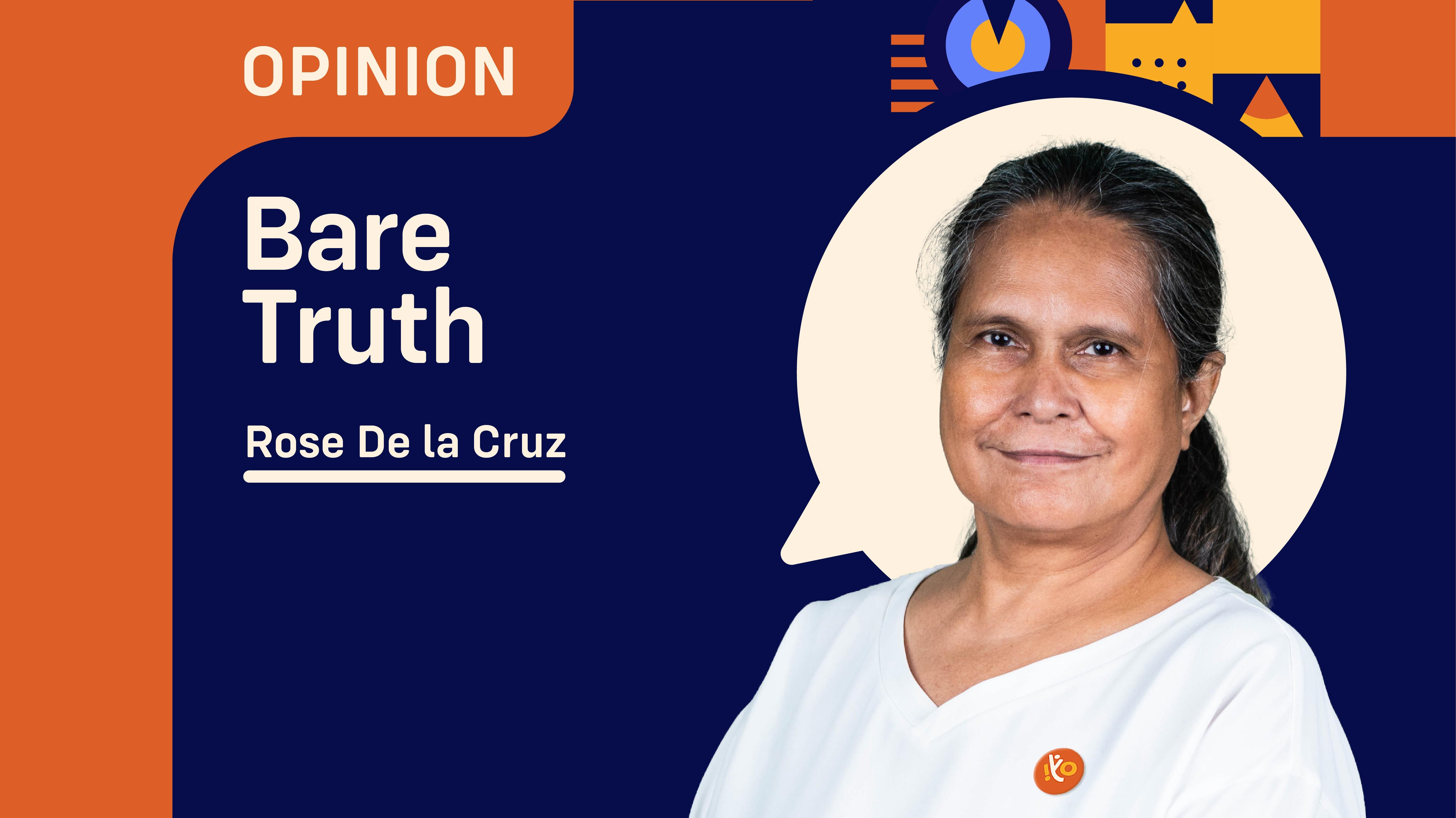AT 500 million doses (of 0.5 to 0.3 milliliter) COVID-19 vaccines—a volume enough to fill up a 55,000- gallon swimming pool, the main problem that the United States is facing now is the reluctance of many people and many states to get inoculated.
The states are trying to convince that getting inoculated is free, as easy as ordering coffee in a coffee shop and it is easy to get an appointment.
The easiest group to reach will be those who've simply put it off because of the hassle to get an appointment.
Still there are few who want to have the jabs. Currently only 18 percent of Americans have been inoculated, said Bernadette Boden-Albala, dean of public health program at the University of California, Irvine.
"When we start to have more vaccine available, we're really going to be in bad shape because what we're going to see is a lot of people who don't want to get vaccinated," she told USA Today.
With plentiful supply of vaccines, there will be more urgency to convince the reluctant to accept it, experts say.
Otherwise, the abundance of vaccines will become a stagnating surplus that threatens to undermine the nation's ability to move beyond the pandemic.
"You might say, 'Get vaccinated, spend Easter with your family,' Or a church might encourage people to be fully vaccinated so they can sing together," said Dr. Kelly Moore, deputy director of the nonprofit Immunization Action Coalition.
Younger people who don't necessarily feel at risk might be convinced to get vaccinated to help others.
But they might be more enticed so they can go out to the movies again, eat dinner with friends or hang out in bars."They're going to be focusing more on the social impact versus the health impacts," Morse said.
Mobile clinics, pop-up vaccination sites and public service announcements from local leaders will be important to reach those in low-income communities of color where vaccine uptake has lagged because of access and hesitancy.
For the most vulnerable Americans, these clinics are trusted, accessible and vital to vaccine rollout
In California, Orange County is sending eight-person vaccination travel teams into homeless camps, jails and other hard-to-reach populations.
"They come in a van, no appointments required," and they vaccinate whoever is available, said Margaret Bredehoft, deputy agency director of public health services.
Dr. Rebecca Weintraub, director of the Global Health Delivery Project at Harvard University, says such "last mile" delivery channels need to be prepared now to reach vulnerable communities.
"We're going to see vaccination availability, for example, at food banks. Setting these smaller vaccination events up requires a lot of precision, said Moore.
"You want to make sure you have enough people together when you pop open one of the vaccine vials," she said.
"For the Pfizer vaccine, you've got six hours to give five doses. For Johnson & Johnson, it's five doses and for Moderna, it's 10. You don't want doses to go to waste when only two people show up."
Vaccine hesitancy overall also is falling. In September, 49 percent of Americans told the Pew research group they probably or would not take the vaccine. By last month that number had fallen to 30 percent.
But that still leaves 75 million people who may not be taking the doses already purchased by the U.S. government for use. Experts say at least 65% of people, and likely closer to 85%, must be vaccinated to reach herd immunity.
If the U.S. does end up with a surplus of vaccines, what will it do with it? The Council on Foreign Relation's Bollyky said there might be an appetite to help the rest of the world.
Vaccine nationalism: 'Unethical' that young Americans could get vaccinated before other nations' elderly, vulnerable
"You might start to see, sometime this summer, a willingness to donate some, though not necessarily, all vaccine," he said.
There are two reasons for it: One based on health, and one on politics.
Diseases don't respect borders. If COVID-19 continues to rage elsewhere, the U.S. will remain at risk. Almost all high-income countries – 94% – have begun vaccinating residents. Only four out of the 29 lowest-income countries have, according to the Council.
While the U.S. has held back its vaccine for its residents, Russia and China have stepped into the breach, making doses available to other nations.
"There are reports the Biden administration is looking into starting to donate more vaccine in Asia to counteract the potential influence that China may gain from donating doses," Bollyky said.
Helping other nations won't just score political points, it will also help protect Americans against a wily foe we're still figuring out, said Moore, of the Immunization Action Coalition.
"The virus will exploit its advantages if we let down our guard or allow many around the world to go without the protection of vaccination," she said.
